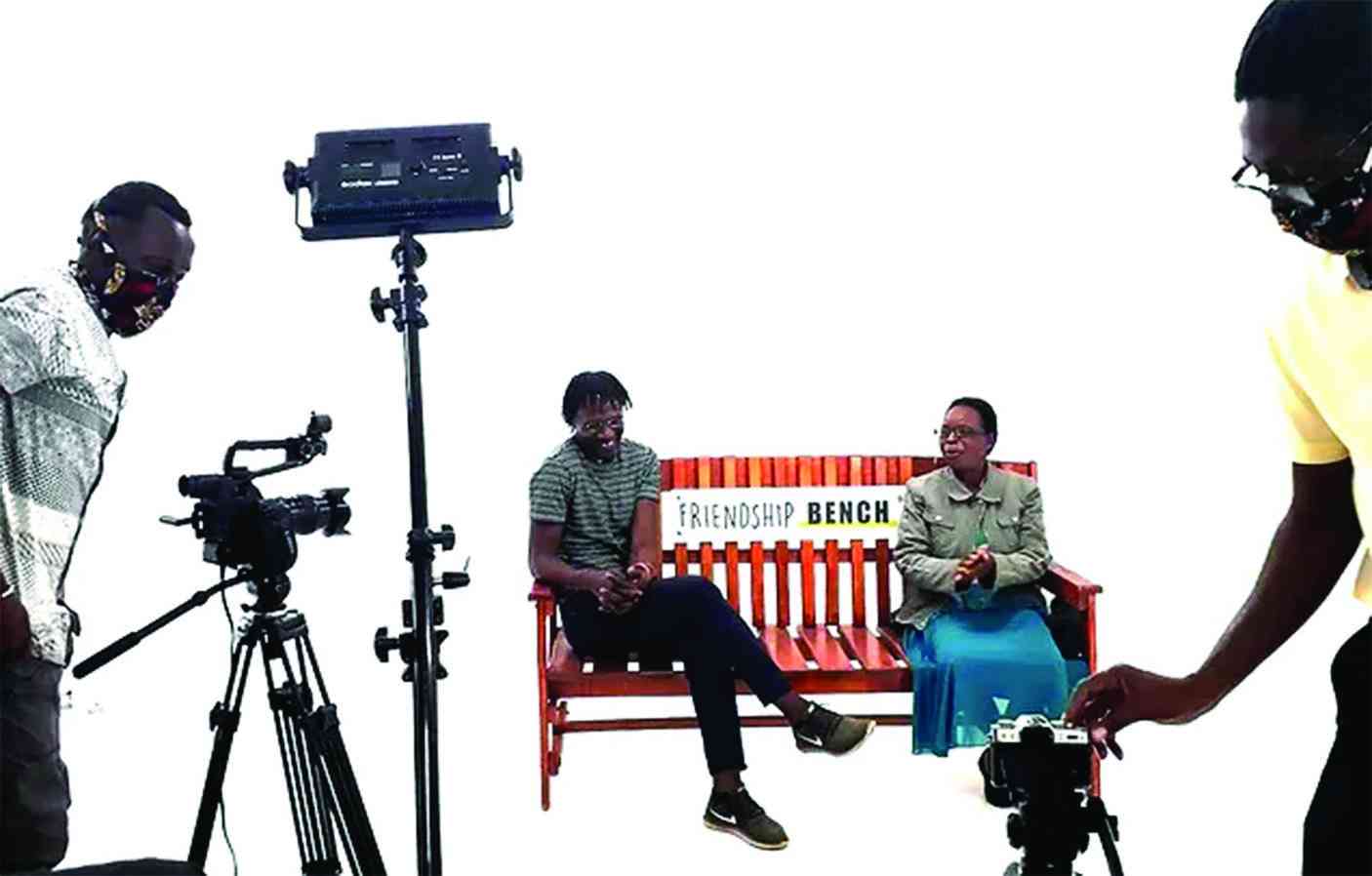
The 21st edition of the International Images Film Festival (IIFF) for Women this year brings a packed line-up of inspiring film for movie lovers from today until August 31.
Sixty films will be screened in Harare during the week-long festival, which will run under the theme “Women of the Future”.
The official selection includes long fiction, long and short documentaries and short fiction from all five continents.
Countries represented include Australia, Brazil, Canada, Cameroon, Ethiopia, Germany, Malaysia, Mexico, Mongolia, Norway, Portugal, South Sudan, Senegal, Taiwan, Tanzania, Tunisia, the United States, Zambia and Zimbabwe, among others.
In an interview with IndependentXtra on Wednesday, author and filmmaker Tsitsi Dangarembga said IIFF will see the premiere of the Zimbabwean film, The Friendship Bench (2024).
The film was directed by Reabestwe Moeti-Vogt and produced by Graham Leader. The documentary explores Dr Dixon Chibanda’s visionary community mental health initiative.
Another milestone of the festival will be the world premiere of From Huts to Pots (2024), a short documentary focusing on harnessing shared community artistic talents to bring a people to international recognition. It will be held at the Zimbabwe Germany Society by invitation only.
Dangarembga said “the theme encourages changes in society away from regarding women as exploitable objects towards an idea of women as individuals who know their worth and who have activated their potential so that they are able to realise their goals for their own good and for the good of society”.
- Film fest set to bring life to dormant city
Keep Reading
She said discussions held at the end of each screening, she added, will reinforce the films’ messages and impact.
Five films were shot locally or made by local filmmakers: A Place at the Operating Table, by Melissa Malillos, Alicia Dyke and Brendon O’Larey; From Huts to Pot, directed by Tswarelo Mothobe; 4KUS by Billy Kabasa; The Friendship Bench, by Reabestwe Moeti-Vogt from South Africa; and Kudakwashe, by Michelle Name.
Apart from it being the first time that both the opening and closing films are African, one big difference in this year’s festival is that it takes place in conjunction with the Institute of Creative Arts for Progress in Africa (Icapa) Trust’s Equal Voices Story and Script Development Workshop, she said.
“The workshop has three budding Zimbabwean female scriptwriters. They, with two male counterparts, will also take part in a pre-production workshop facilitated by Kenyan filmmaker and lecturer Wanjiru Kinyanjui,” Dangarembga said.
“Finally, we have more interest from local individual who could be instrumental in promoting development in the industry, and also from local organisations such as Africom. This is a very welcome development for IIFF and we hope other local sponsors will follow suit.”
However, as the IIFF spectacle kicks off, it is not all rosy for Zimbabwean filmmakers particularly: “It is a disaster,” she said, adding “the industry is completely neglected as a professional area”.
“The fact that the world becomes increasingly interconnected means that Zimbabwean filmmaking is facing stiff competition in the marketplace. Standards in our industry are not high enough to meet this challenge at the moment,” Dangarembga said.
“The industry is under-supported at every stage of the process, from training to project development, production and distribution. One of the last cinemas has just closed. There are no professional venues.
“This leads to a situation in which many skilled individuals leave the country. As a result, we have a huge talent drain in the sector. Of course, many talented young individuals go to film school outside the country as we do not have a single film school that teaches to international industry standards. Given the state of the industry, they do not return, or if they do, they cannot pursue their profession.
“I think we will feel the full negative impact of this neglect in the coming years, especially as other countries in Sadc and elsewhere on the continent organise their film industries through film commissions and professional initiatives. As a result, Zimbabwe falls increasingly behind.
“Many have closed or lost the offices they rent due to lack of support. Icapa Trust is no exception. It is interesting and discouraging that the patriarchal barriers to women accessing or owning property manifest so starkly in the Zimbabwean film industry.”
Screenings will take place at the following venues: Alliance Francaise, Batanai Mall (B2C), Dzivaresekwa Community Hall, Hatcliffe Community Hall and the National Gallery of Zimbabwe (NGZ). The NGZ will also be the venue for both IIFF opening and closing ceremonies.
Icapa fosters creativity of expression in all the arts and brings them together in the form of the audio-visual narrative as to nurture new ways of thinking that bring about social change through the creative economy. It was founded in 2009 by Dangarembga with two others.






